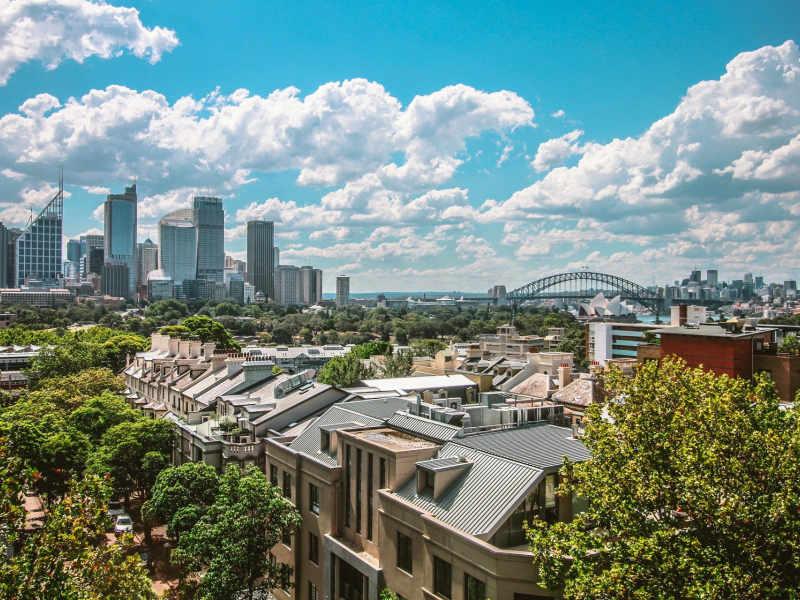What Foreign Residents Need To Know About Capital Gains Tax
On 23 October 2019, the Federal Government introduced the Treasury Laws Amendment (Reducing Pressure on Housing Affordability Measures) Bill 2019, which proposes amendments to deny the Capital Gains Tax (CGT) main residence exemption for foreign residents
UPDATE: This Bill was passed by the Senate on 05 December 2019 and now waits royal assent
Strategic Partner, Michael Sik - Financial Adviser and Owner of FinPeak Advisers - has written this article for individuals who have become foreign residents for tax and currently own a property in Australia.
Removal Of Main Residence CGT Exemption For Individuals Who Are Foreign Residents For Tax
Under the proposals, a 'foreign resident' means someone who is not a tax resident of Australia and includes Australian citizens and permanent residents who are foreign residents. Whilst this measure is similar to what was announced in the 2017-18 Federal Budget and the last Bill passed in this year's Federal election, it however, differs with the extension of the transitional period eligibility. Any dwelling that has been owned before 9 May 2017, can continue to be eligible for the CGT exemption if sold on or before 30 June 2020. After this date, and if the bill is passed, a foreign resident will no longer be entitled to the primary residence CGT exemption. This could potentially catch out thousands of expats working overseas who decide to sell their property whilst overseas.
Interaction With The 'Absence Rule'
The absence rule states that an individual who does not treat any other dwelling as their main residence, can nominate one dwelling as their main residence for CGT purposes for a period of up to six years even if it is rented out, or for an unlimited period where it is not rented out.
The amending law will make no consideration of the Australian 'absence rule' for CGT purposes and thus will be subject to paying the full CGT amount of any capital gains (or losses) if the residence is sold with one of two exceptions apply as stated earlier.
However, where an individual returns to Australia and resumes Australian tax residency before entering into a contract of sale, they may still be able to claim the main residence exemption and also benefit from the 'absence rule'.
Who Is Exempt From These Changes?
Foreign residents can continue to access the main residence exemption only under the two circumstances:
1. Where the individual has been a foreign resident for six continuous years or less, and a certain 'life events' occur. These events include, divorce or separation, death of a spouse or minor child or a terminal medical condition.
2. The disposal qualifies under the transitional period.
For many Australians who have decided to move their families and settle in another country, it may be unclear when they will ever come back to Australia and having most of their capital tied up back home may restrict them from using these funds in the future without facing a large tax bill if they sell their home whilst overseas.
Opportunities For Individuals
If a main residence was held as at 9 May 2017, current and future foreign residents may consider selling their main residence before 30 June 2020 to obtain the CGT main residence exemption under the transitional rules. Seeking appropriate financial planning advice to best manage and allocate the newly acquired capital gains can allow a maximised continuation of their long term property investment strategy before the exemption closes.
In any case, impacted individuals should seek specific financial advice in order to evaluate the impact of this measure on their personal tax situation and to take relevant actions where appropriate.
Like To Learn More?
Contact Michael Sik on 0404 446 766
